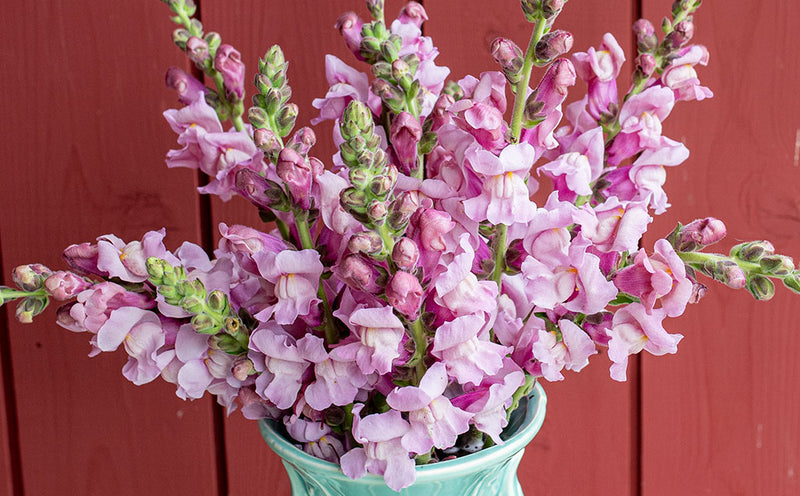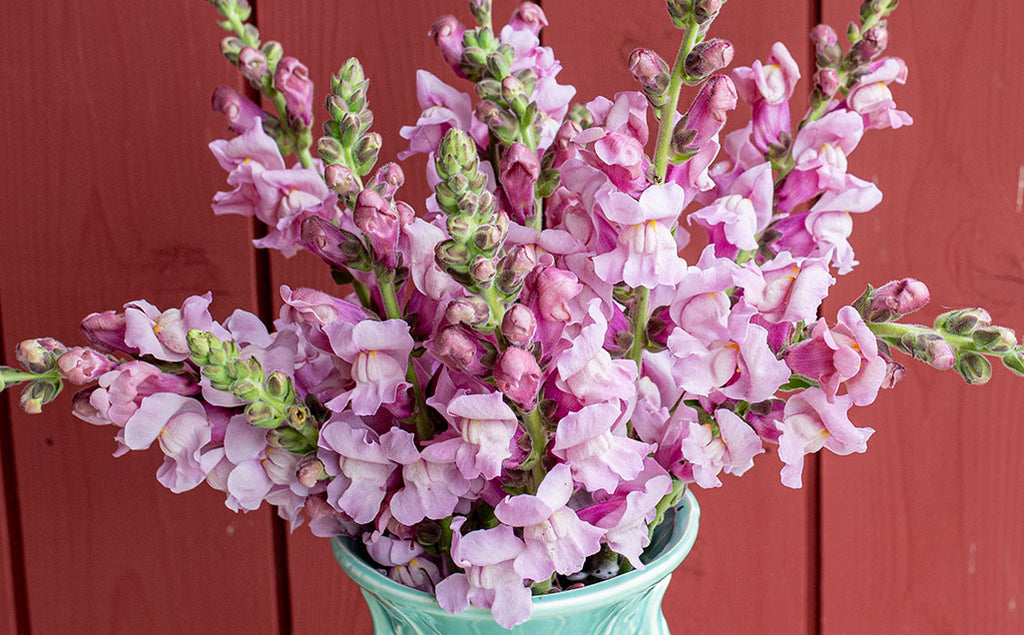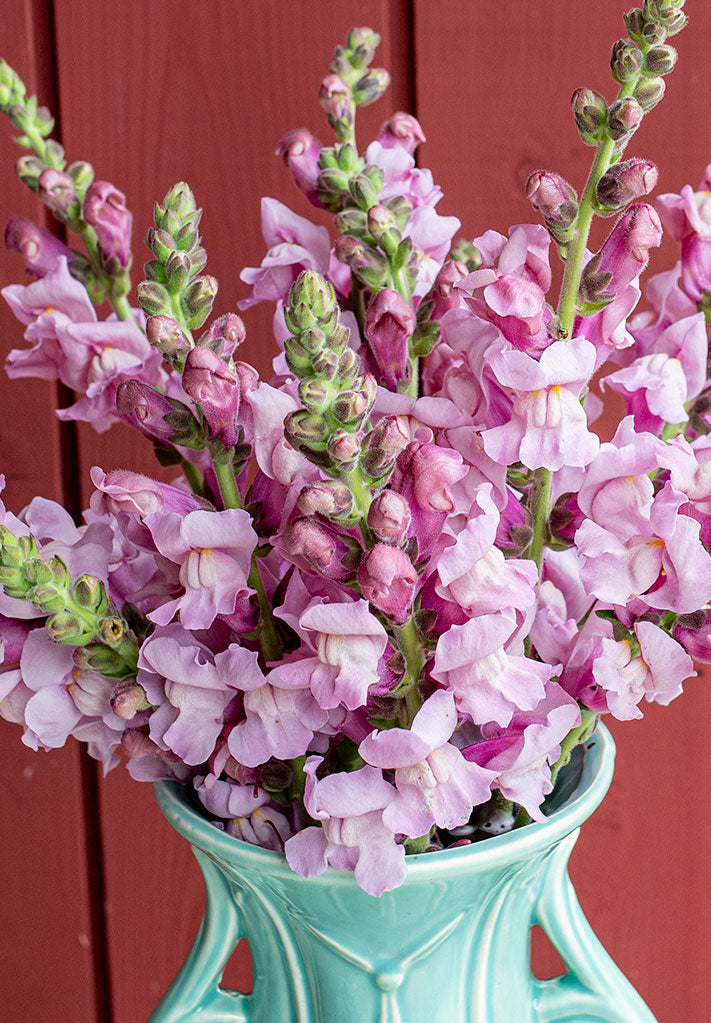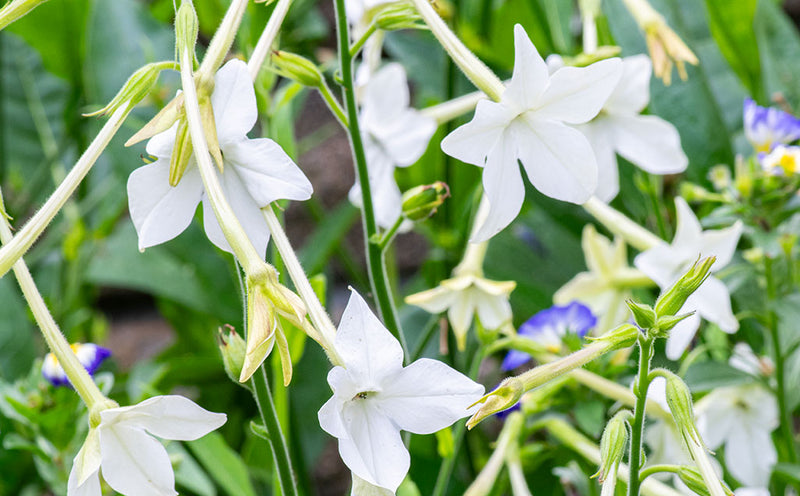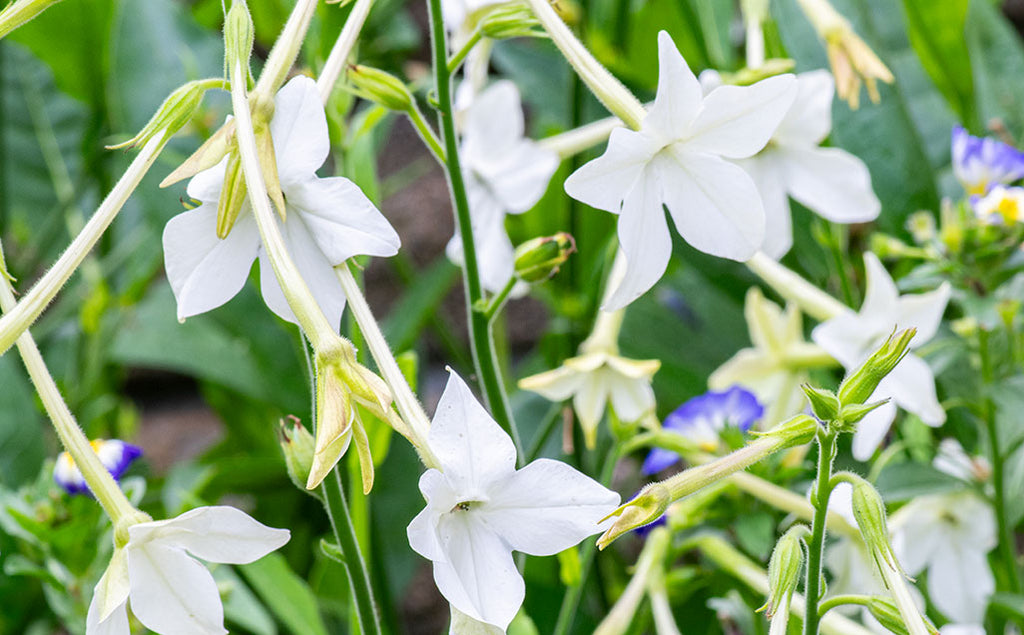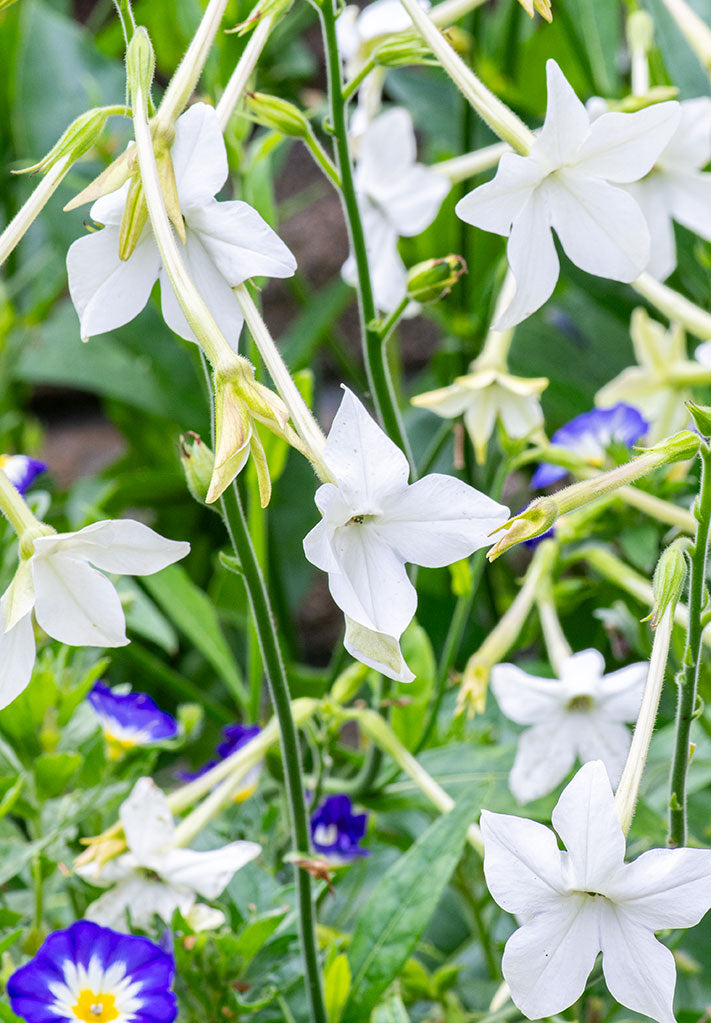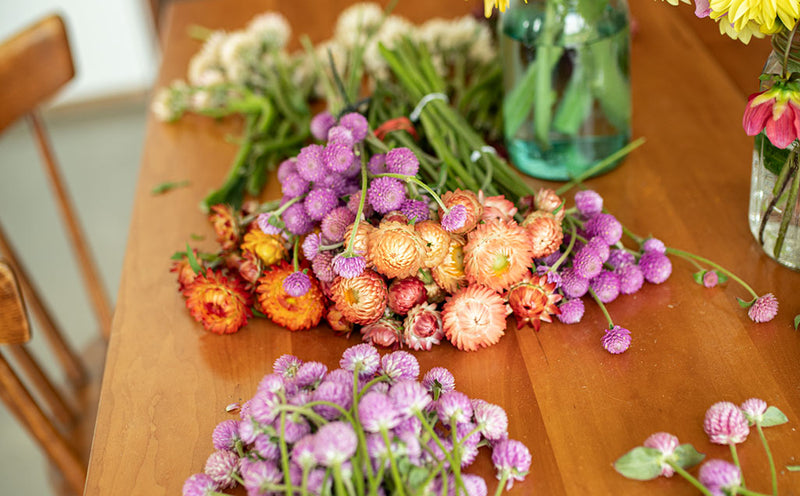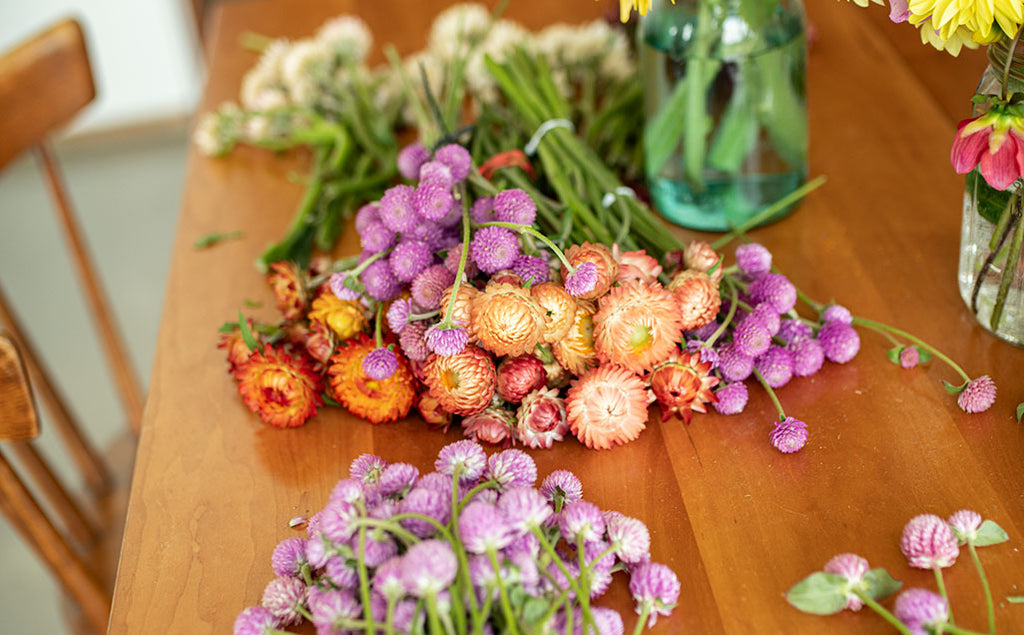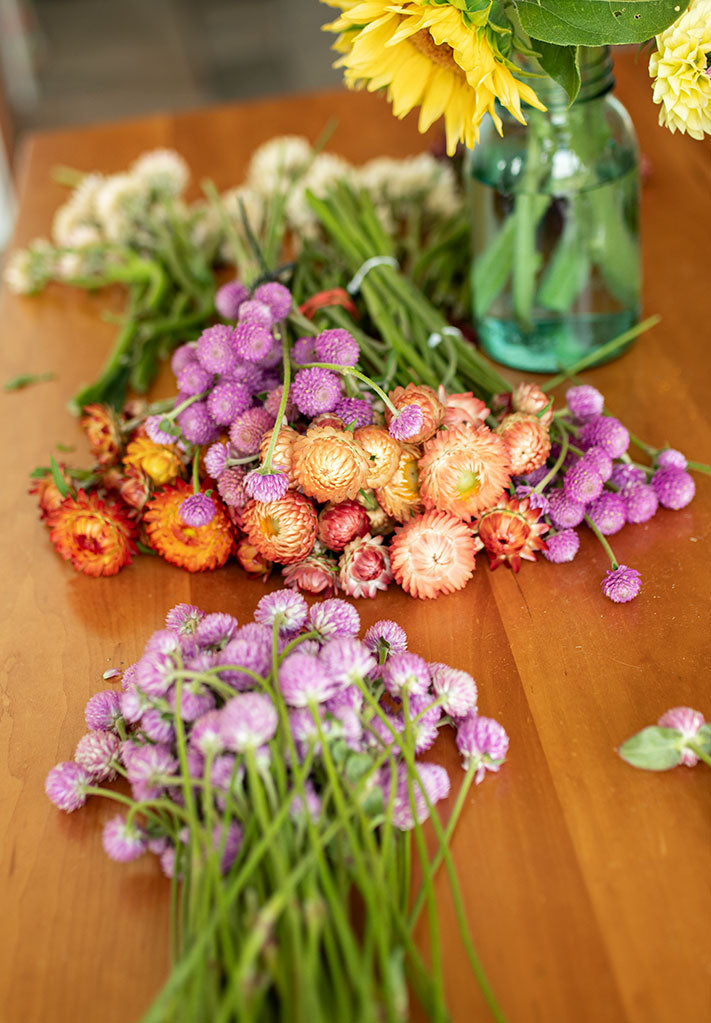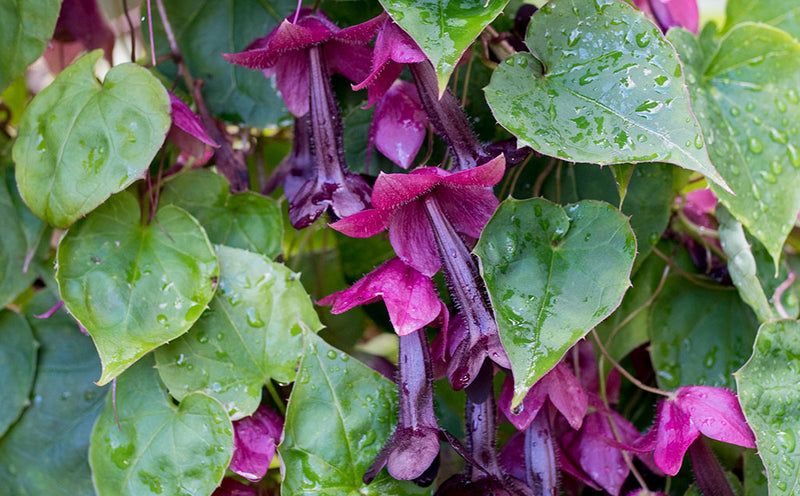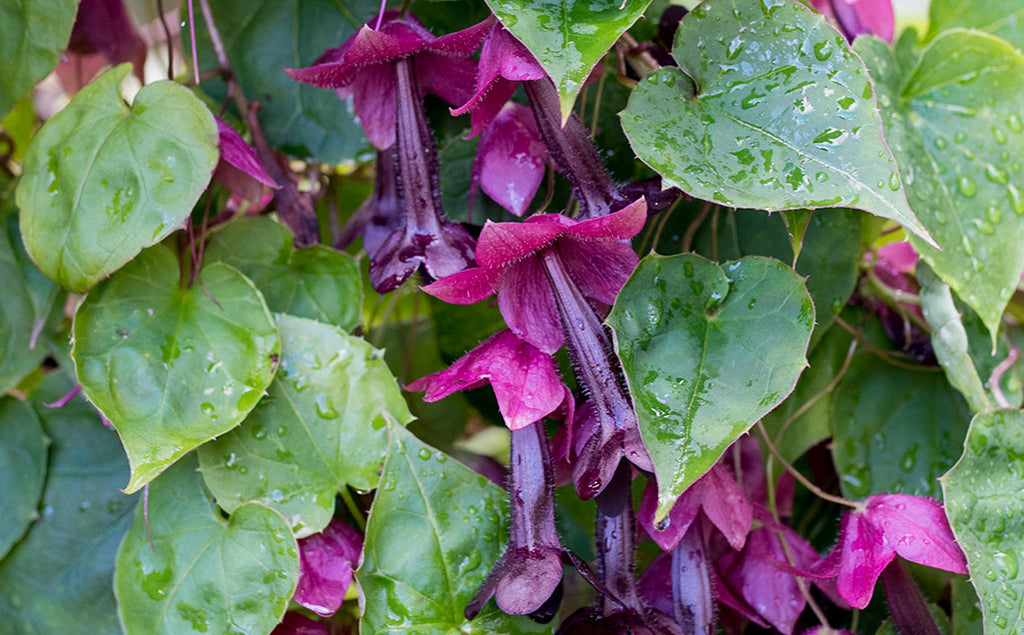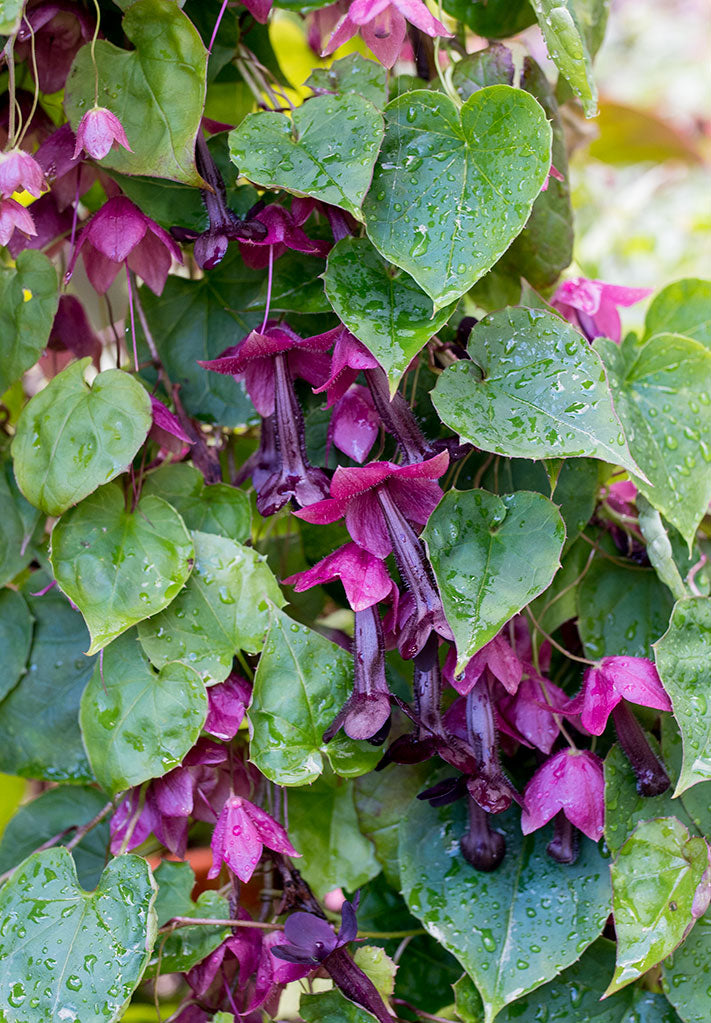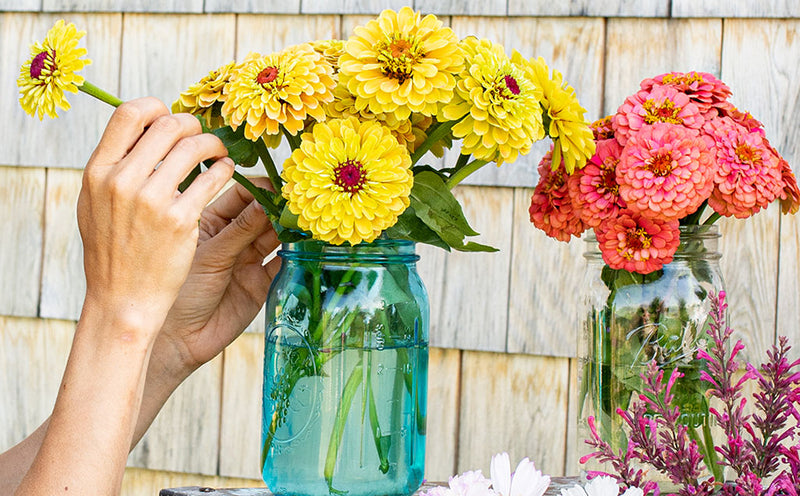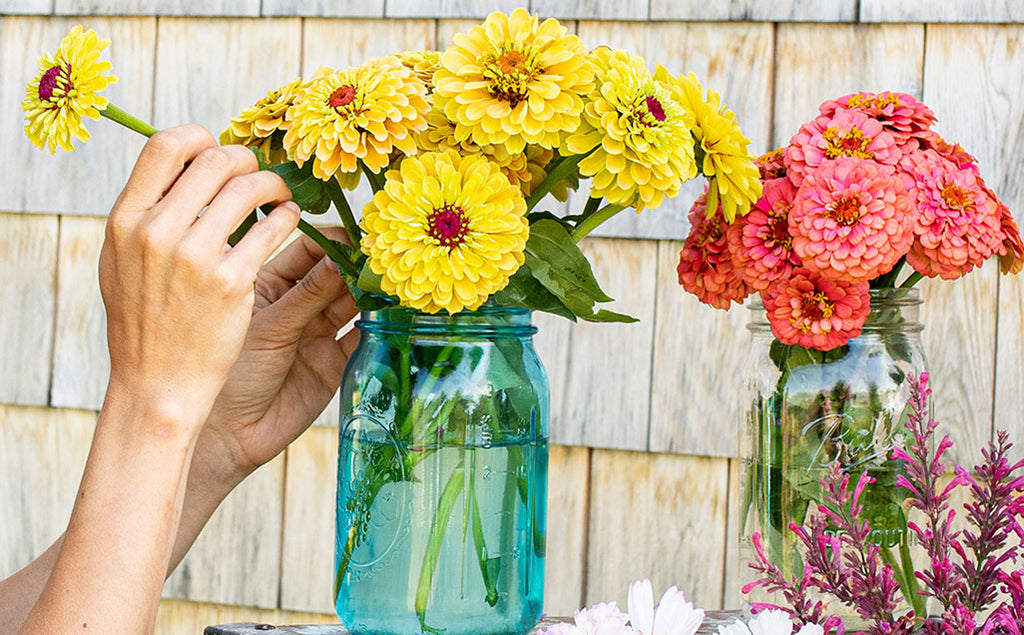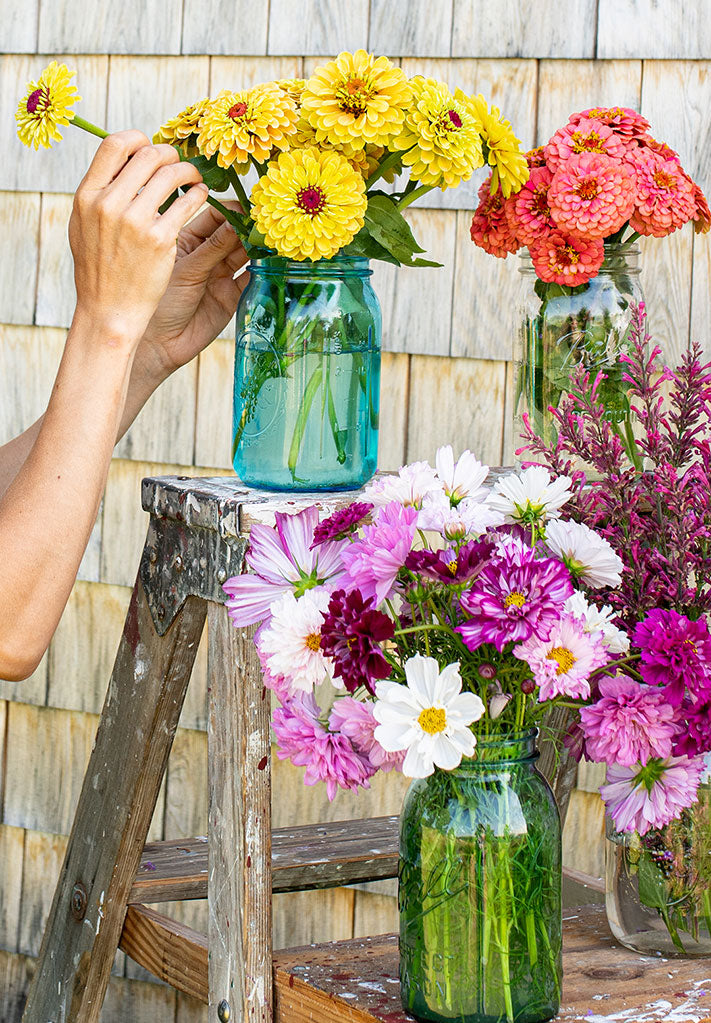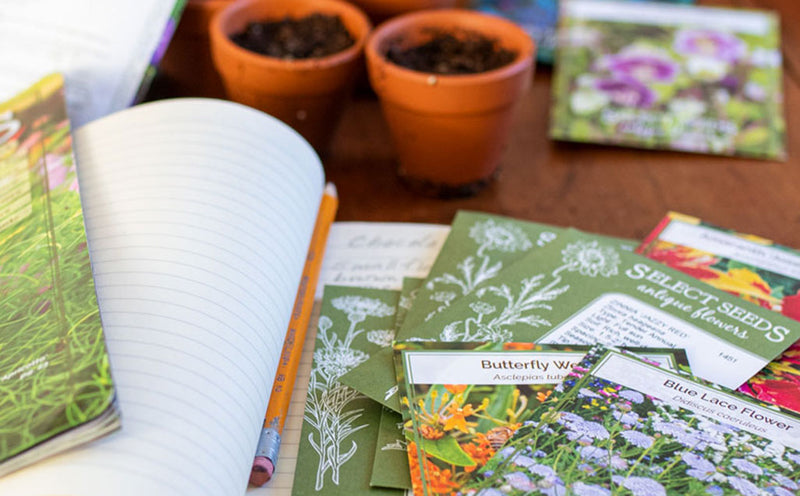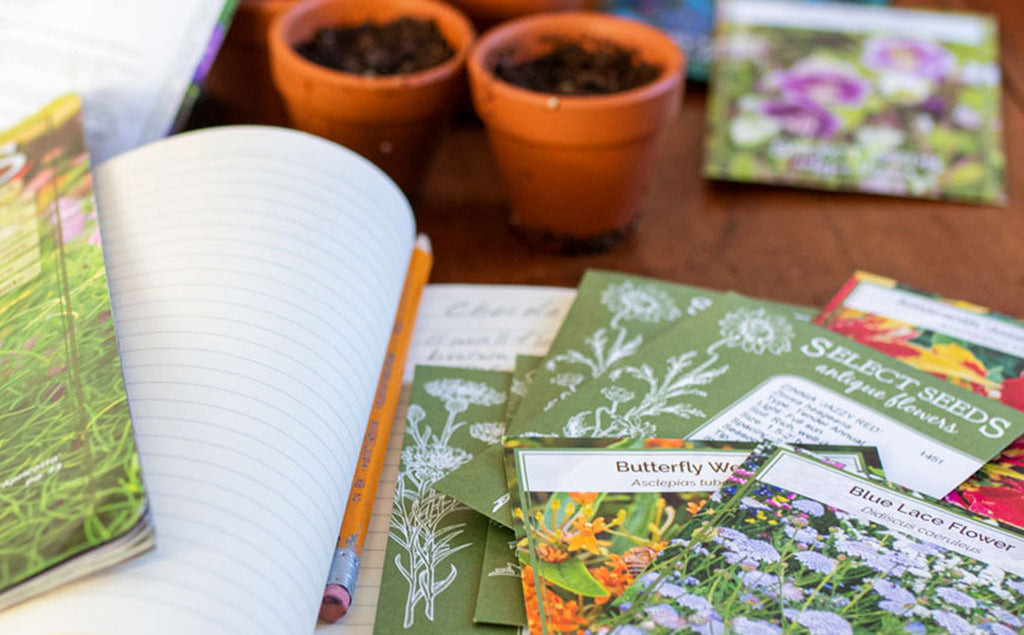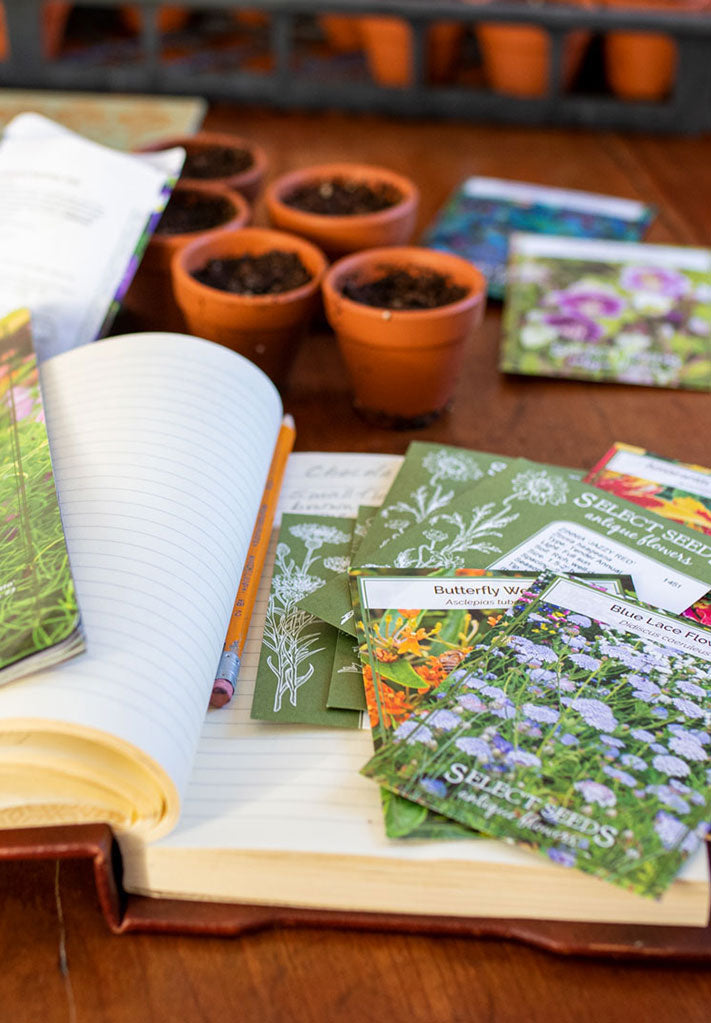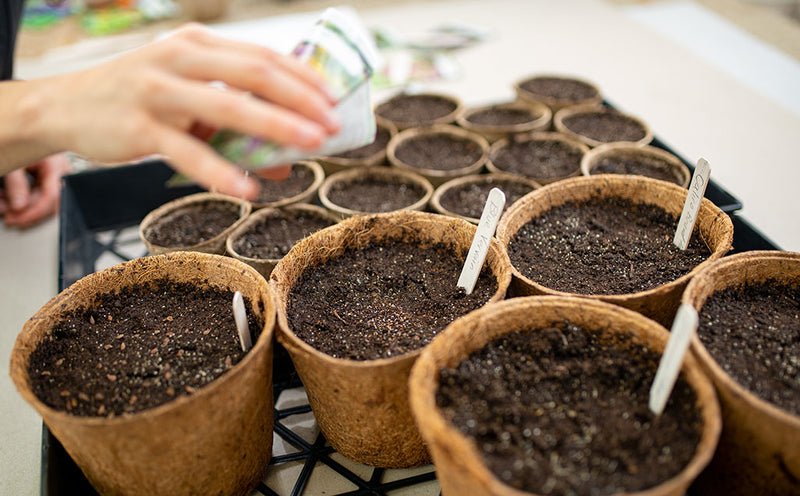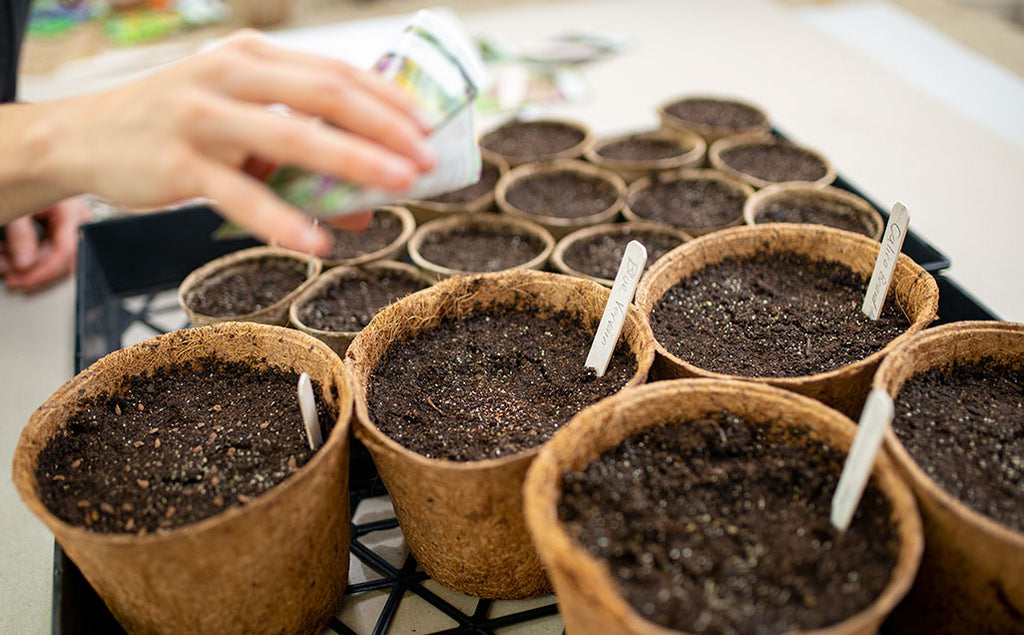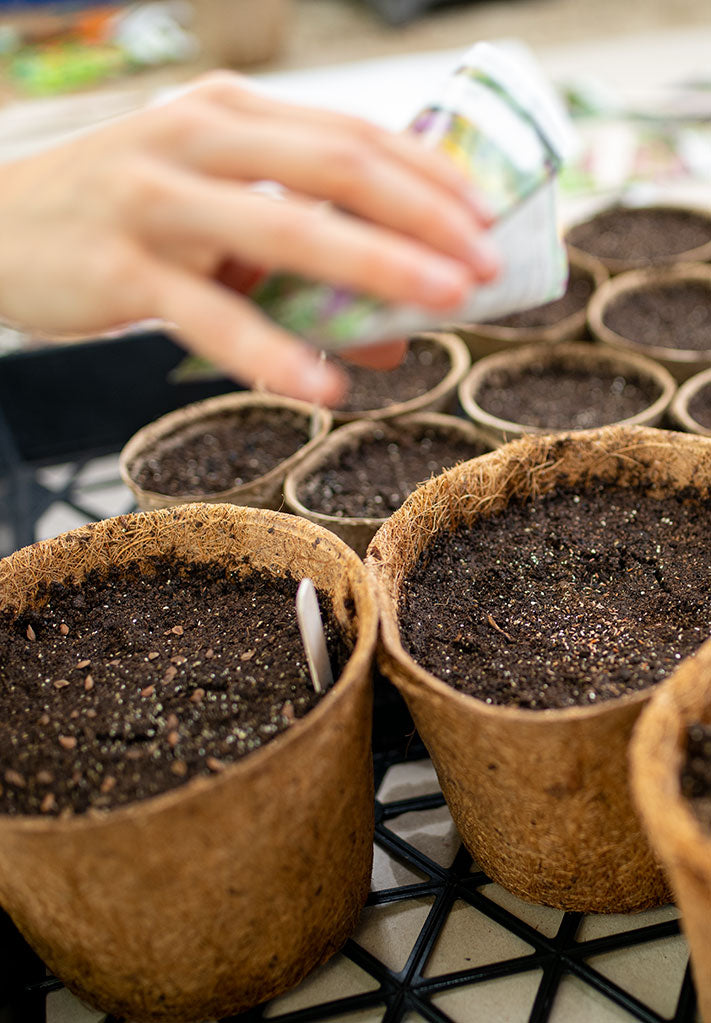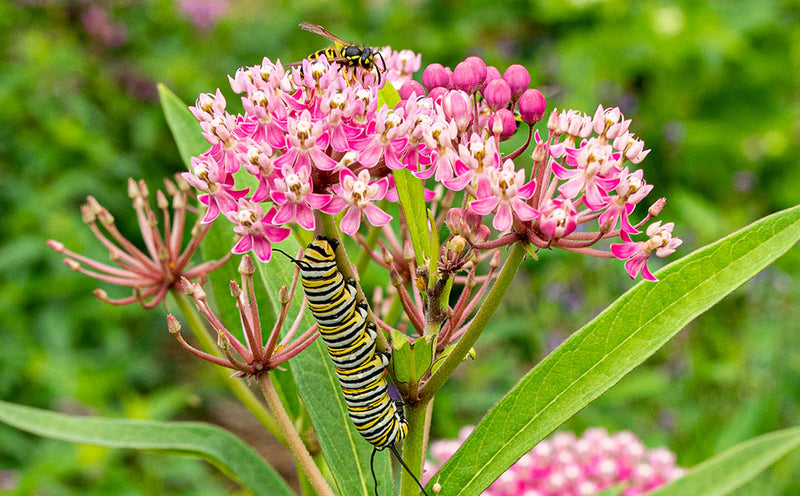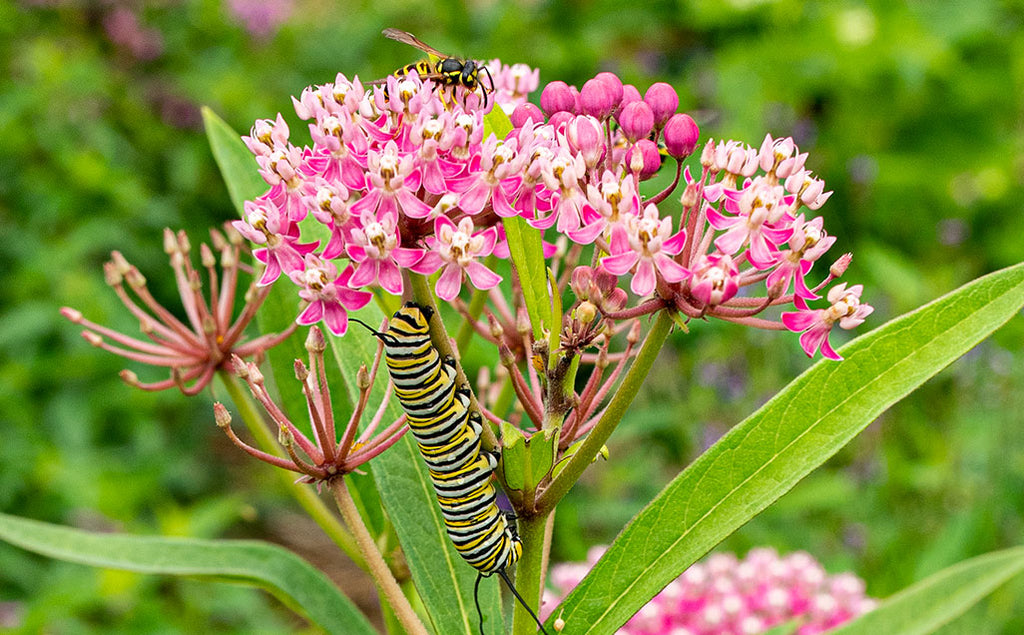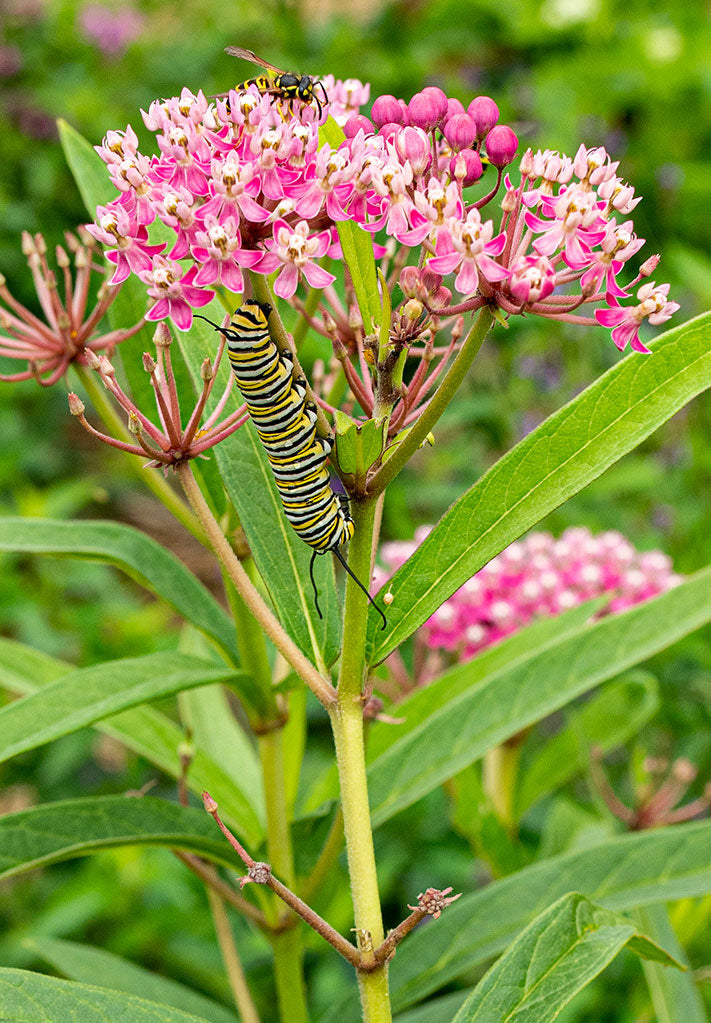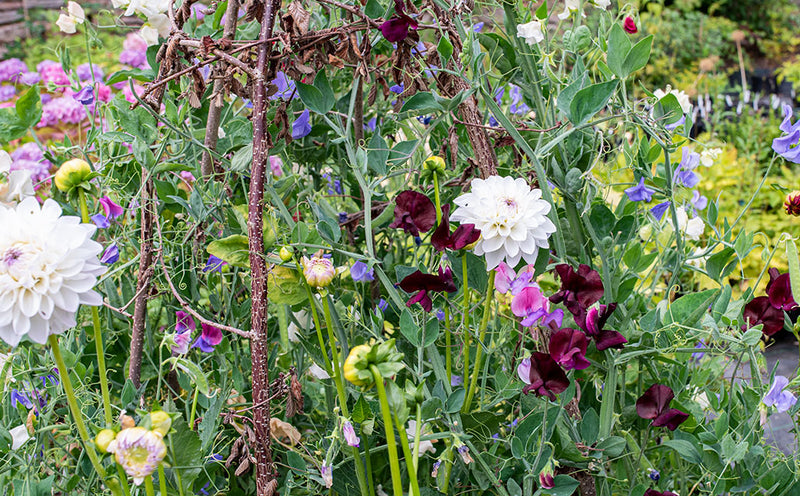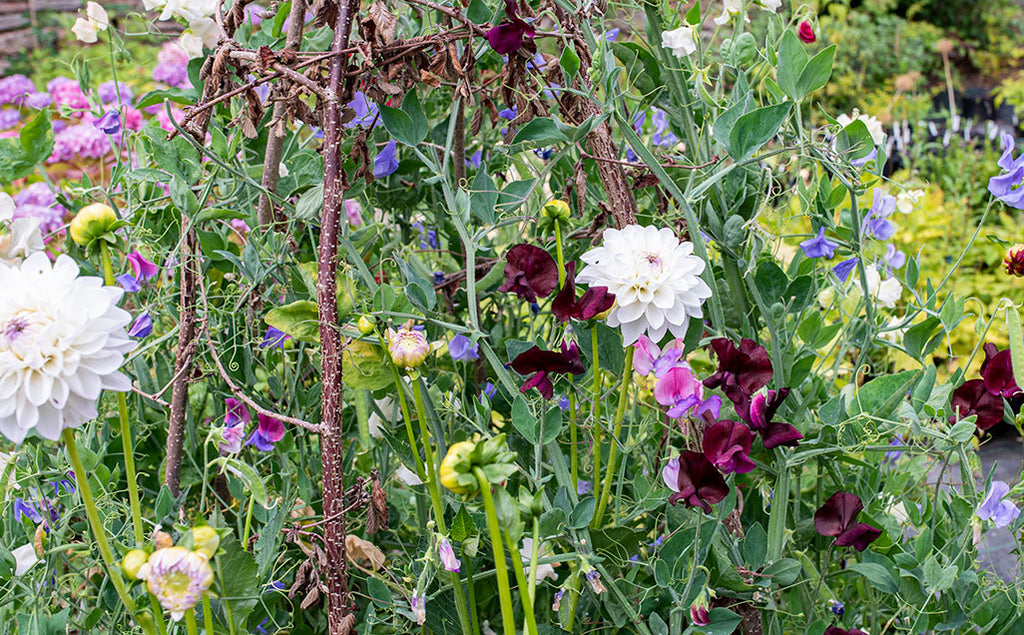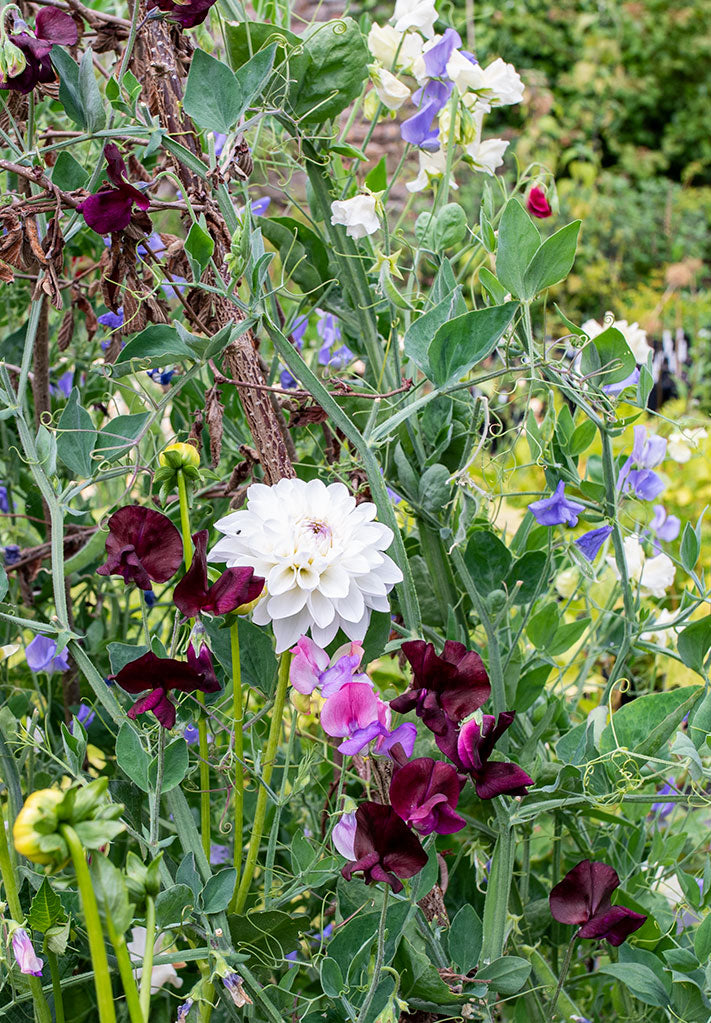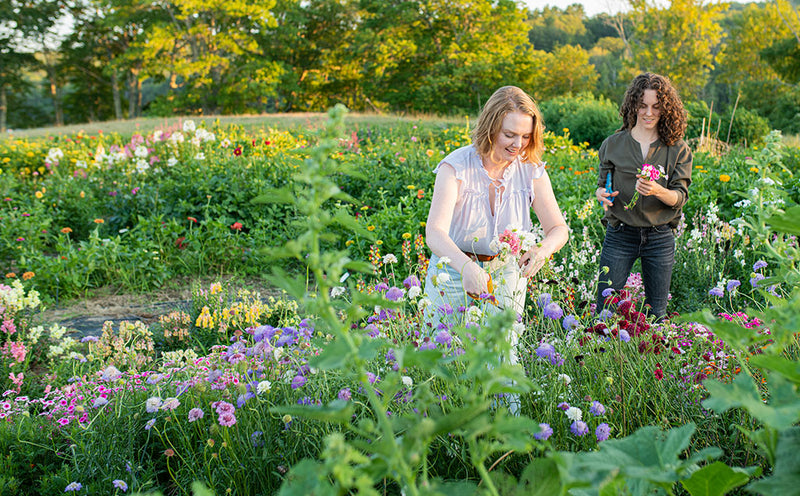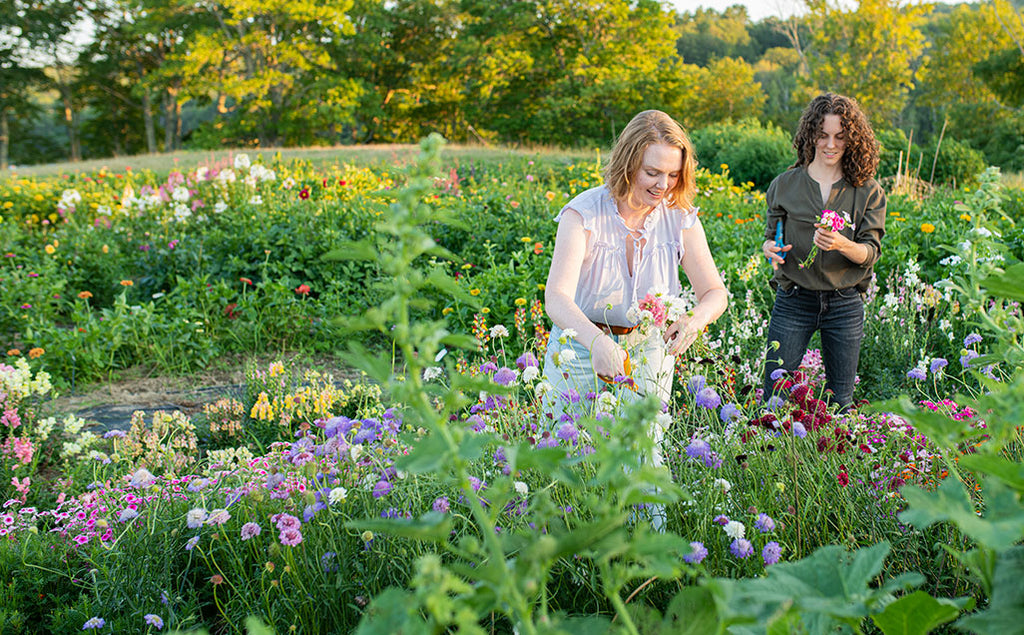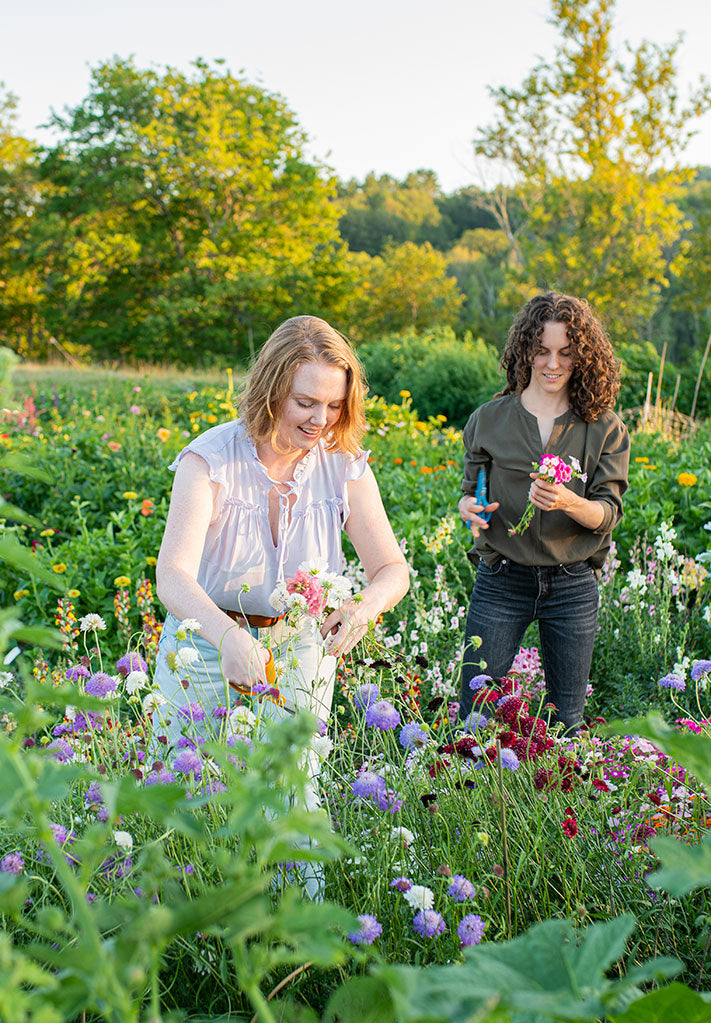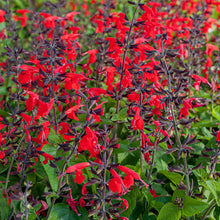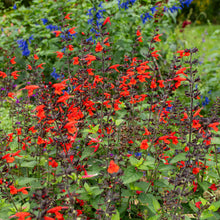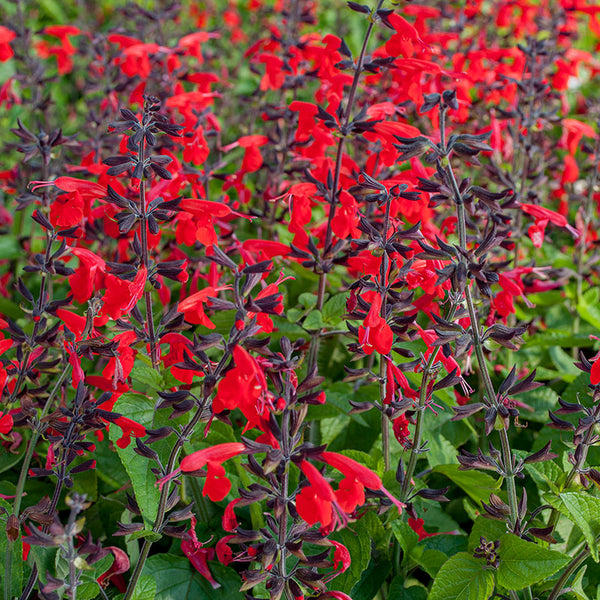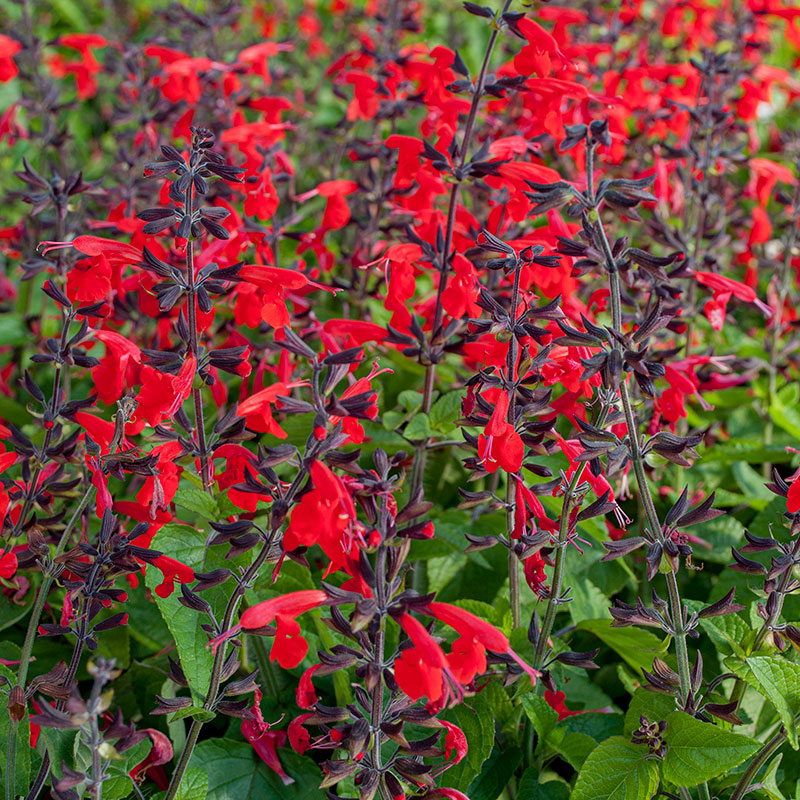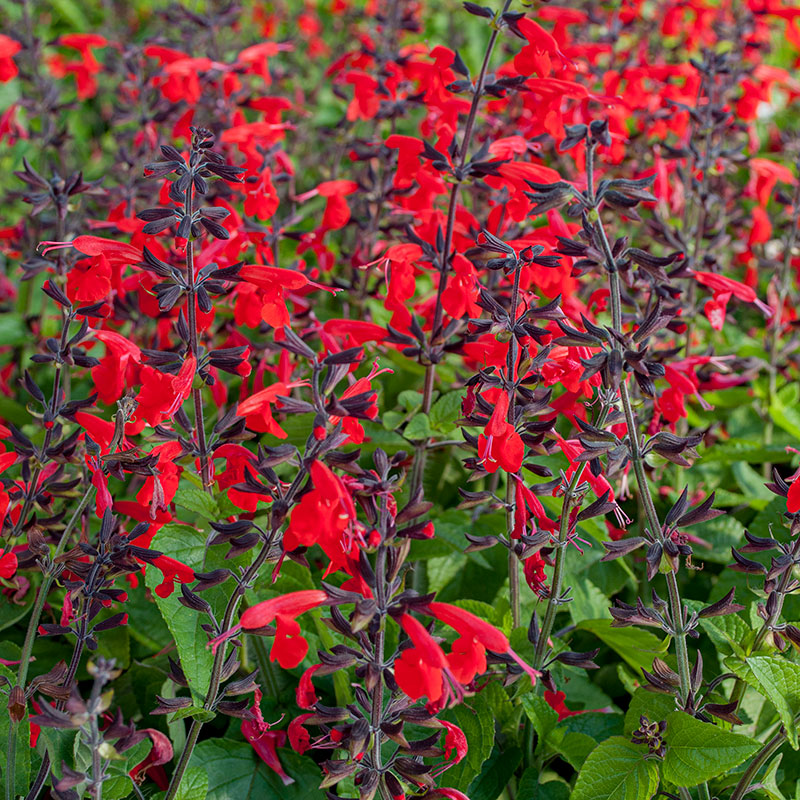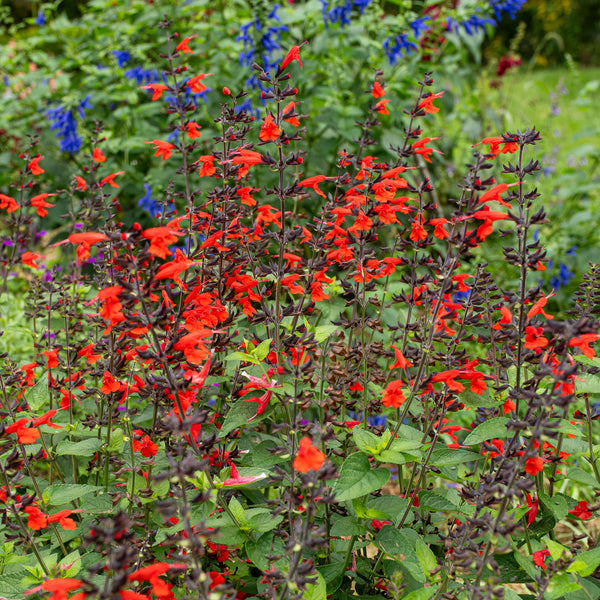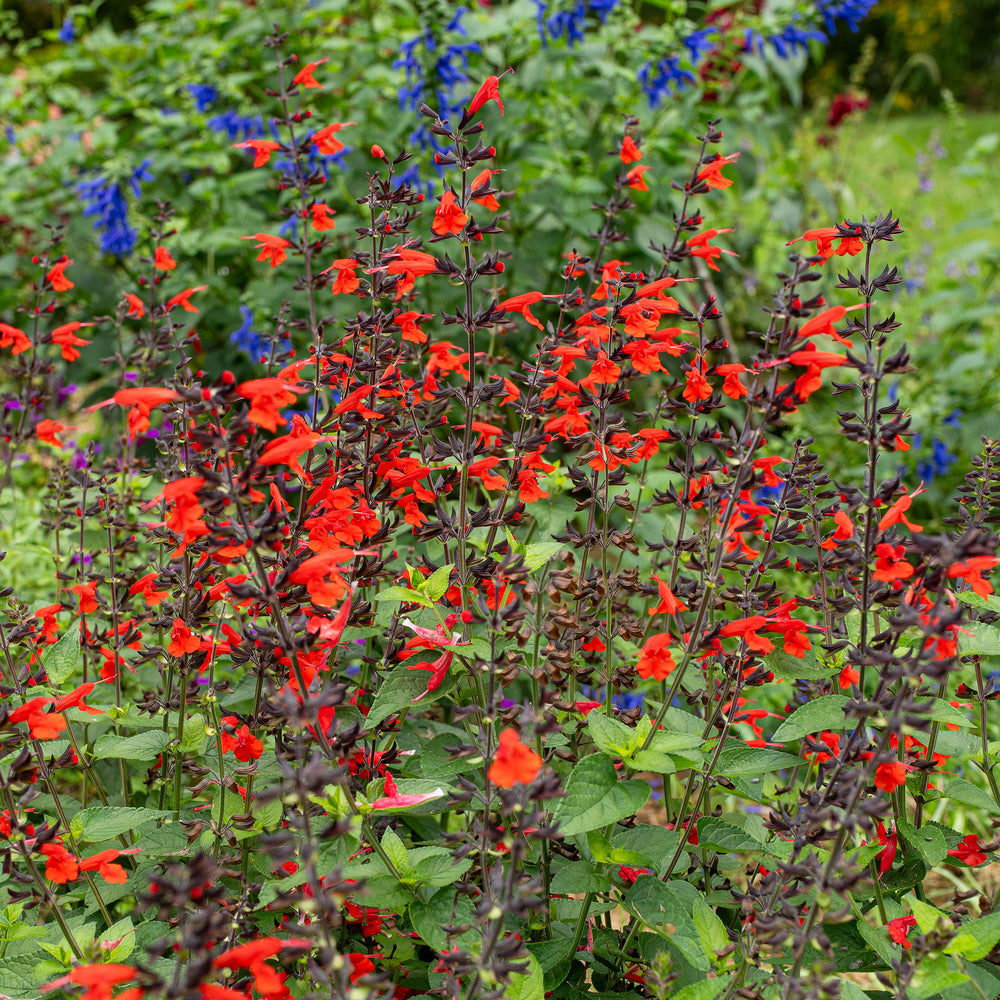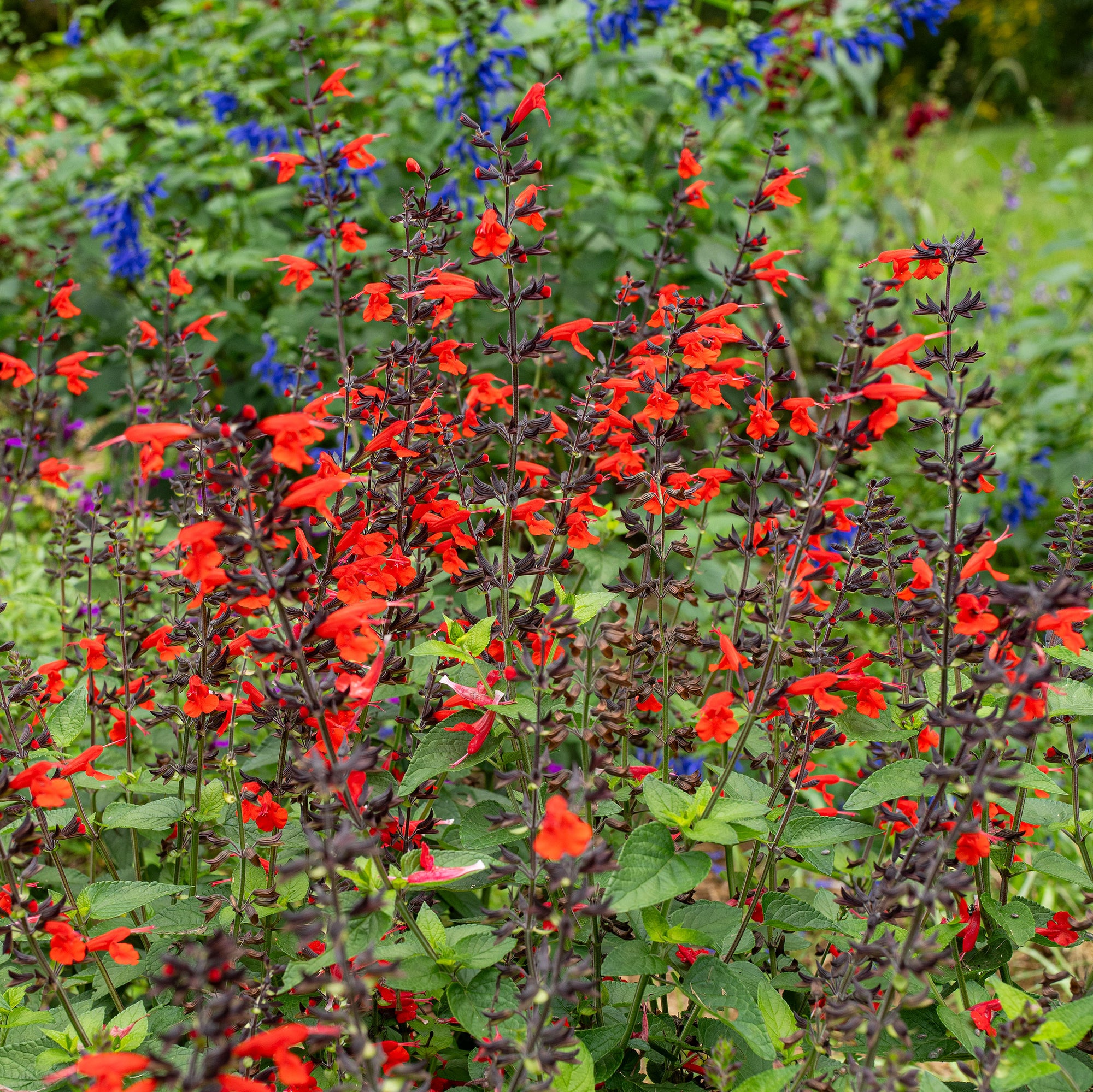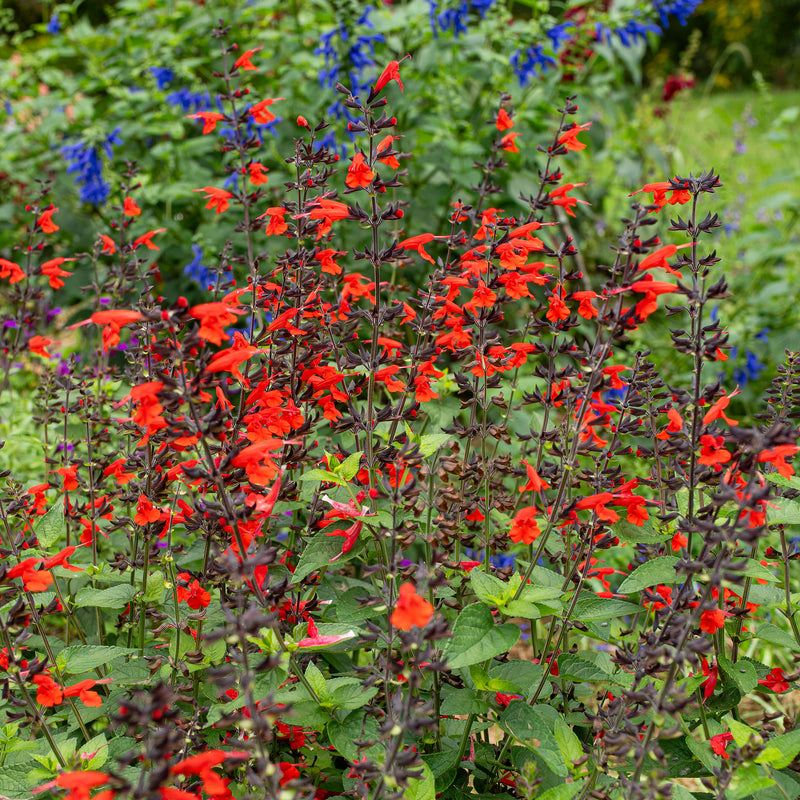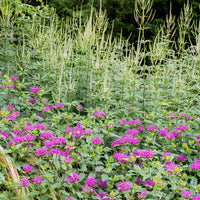SOWING INSTRUCTIONS
Depth:
Surface sow and firm lightly; requires light to germinate.
Seed To Bloom:
10-12 weeks
Starting Indoors:
Start in containers 6-8 weeks before last spring frost. Use a sterile seed starting mix and cover lightly with vermiculite to retain humidity. Water from the bottom by placing in a tray so that the water is soaked up instead of wetting the foliage. Keep at about 65-75°F.
Starting Outdoors:
Direct sow about 2 weeks after last frost, when soil has warmed.
WHEN TO SET OUTSIDE
In springtime, after all danger of frost has passed.
PLACEMENT & CULTIVATION
I can hardly imagine a garden without salvia; the genus has many irreplaceable floral gems. They are easy to grow and trouble-free, many are quick to bloom, and they grow well in gardens or containers. They offer a never-ending parade of flowers—at least until frost—and the antics of visiting hummingbirds. Those pesky deer avoid it, perhaps stayed by the unpleasant aroma of the bruised leaves. Pinch back once plants reach 6" tall to encourage bushiness and place in a sunny location. Deadhead frequently or cut for bouquets.
Watering Details:
1" per week. Tolerates some drought once established, however flowers best with regular water.
Fertilizer:
Mix in 1" of compost prior to planting.
Diseases & Pests:
Occasionally susceptible to mildew or rust; prevent by planting in a location that has good airflow. If disease appears, treat with an organic fungicide or neem oil once per week until the problem is resolved. If whiteflies appear, spray down the plant daily with a good blast of water until the pests are gone. Prevent slugs by sprinkling crushed eggshells or diatomaceous earth on the soil around the plant.
When to Cut for Bouquets:
Cut when about 1/2 of florets are open.
